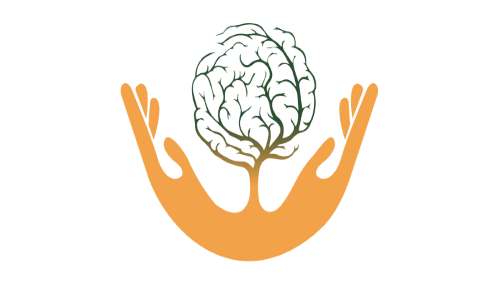
Suicide Prevention: Safety Planning as Treatment Planning
Open to access this content

Open to access this content

Open to access this content

Open to access this content

Open to access this content

Open to access this content